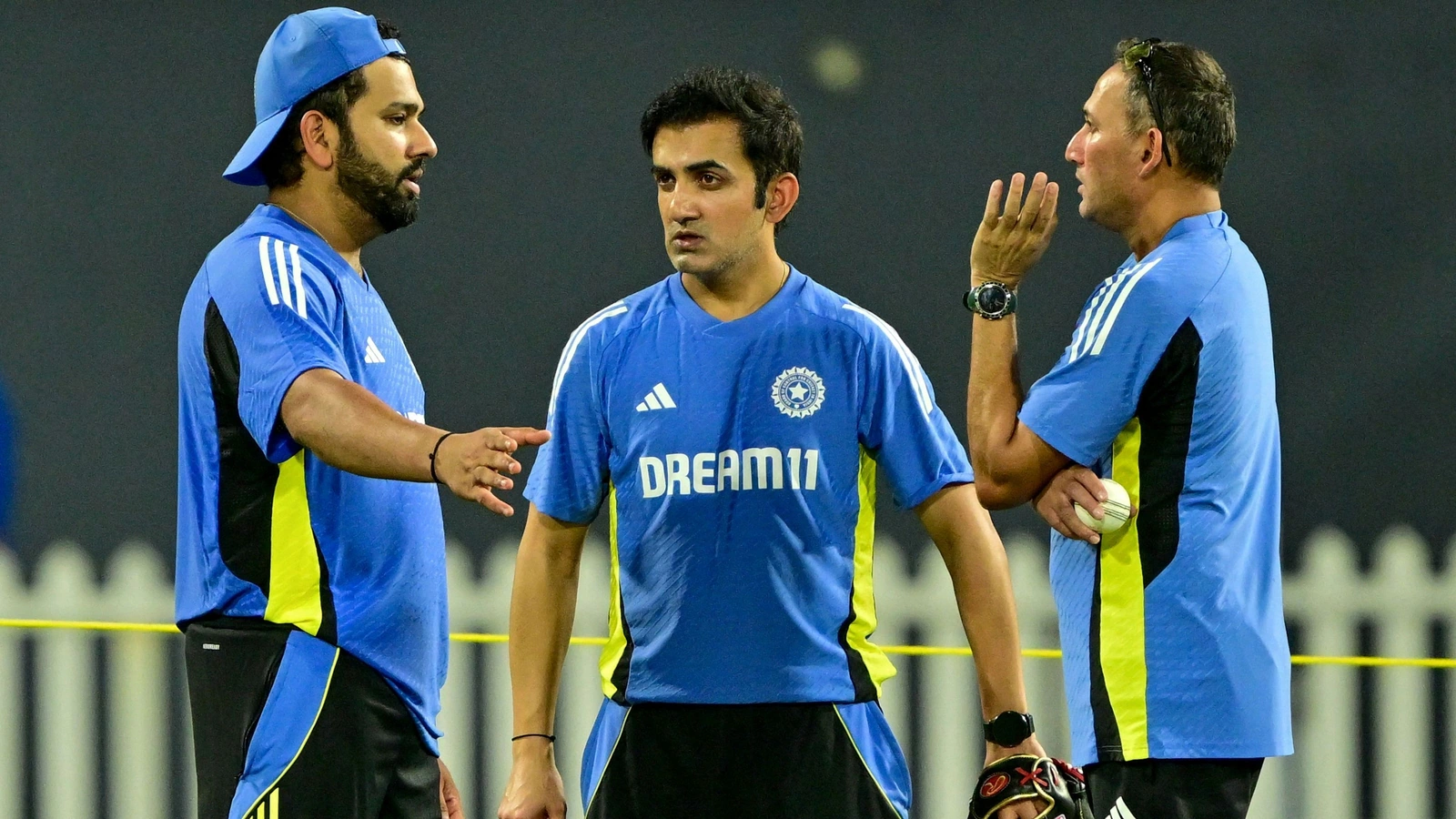Lightning evidently does strike the same place twice, at the very least. Last week in Pallekele, it struck thrice in four nights, each time precipitating a dramatic Sri Lankan collapse in the Twenty20 International series. Now, twice in three nights (and counting), it has struck the R Premadasa Stadium in Colombo, India at the receiving end as a proud record came to an end.
At least in Pallekele, Sri Lanka had the excuse of an inexperienced line-up confronted by the World Cup champions, a formidable outfit even without bowling aces Jasprit Bumrah and Kuldeep Yadav. India have no such fallback; their full-strength batting unit, better than almost every other outfit in the world, keeled over for a second successive game against Sri Lankan spin. Following their 32-run defeat in the second One-Day International on Sunday, India will leave these shores without winning a bilateral series against their hosts for the first time since 1997. If they don’t level the series on Wednesday, Gautam Gambhir would have courted defeat in his first ODI series since taking over as head coach.
Olympics’24 follows you on HT! Get schedule, live updates, medal tally.
India’s travails against the turning ball are no secret, nor are they not well documented. But because they don’t play in such conditions as were on offer at the Premadasa too frequently, they tend to get glossed over.
Worryingly, India’s collapses have come after a platform has been set. On Friday in the first game, after skipper Rohit Sharma and Shubman Gill put on 75 for the first wicket in 76 deliveries, India lost three for 12, which became five for 67, before scrambling to eke out a tie by drawing abreast of Sri Lanka’s 230. There was no such escape route on Sunday, when 97 without loss rapidly downslided to 147 for six. There was no late rescue act, no stirring rearguard action. India were bowled out for 208, finding Sri Lanka’s 240 for nine 32 bridges too far. Not a particularly pleasant development if one is Rohit.
Go back 11 months in time, and one will realise these two collapses aren’t isolated episodes. In the Asia Cup last September, against the same opposition, Rohit and Gill had raced away to 80 in just 67 deliveries when the first wicket fell. By the time the procession ended, India had been bowled out for 213. It’s another matter that Kuldeep and Bumrah joined forces to drive Sri Lanka to their knees and secure a 41-run victory for the visitors.
The common bowling thread in each of these Indian collapses is someone who can at best be termed a part-time, part-time off-spinner. Charith Asalanka, now Sri Lanka’s white-ball captain, has combined figures in these three outings of 10 for 68 from 24.1 overs. Go figure.
In this series alone, Sri Lanka’s spinners – Asalanka, Dunith Wellalage, Akila Dananjaya, Wanindu Hasaranga and, most famously, Sunday’s Player of the Match Jeffrey Vandersay – have accounted for 18 of the 19 wickets to fall to bowlers. Vandersay, not even in the larger squad until a hamstring injury to Hasaranga in the first ODI, put the senior leg-spinner to shade with astonishing figures of six for 26 in his first spell of seven overs. You’d have thought the genius of Shane Warne was weaving its magic, such was the confusion, hesitancy and lack of application of India’s famed batters.
The only upside
The saving grace, if we are looking for that, is that there has been an acknowledgement from the coaching staff that there is a problem against spin. In the past, questions pertaining to this aspect were met with scarcely disguised scorn and ‘it’s just one of those things that happen from time to time.’ Abhishek Nayar, one of the assistant coaches to Gambhir, conceded that one needed to understand why it’s happened twice in a row and rectify it, which is no more than stating the obvious, but which still needed to be said.
It’s unlikely that, outside of Sri Lanka – and maybe Bangladesh, where India lost an ODI series in December 2022 – turners of this ilk will be the norm in 50-over cricket. But that is scant consolation. For players brought up on a steady diet of high-quality spin to keep succumbing to self-imposed pressure is a bitter pill to swallow. It will help, of course, if the batters emulate Nayar in conceding that there is an issue, but don’t bet on it.









Average Rating